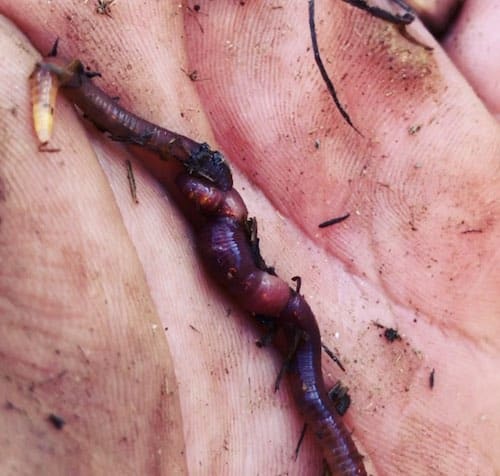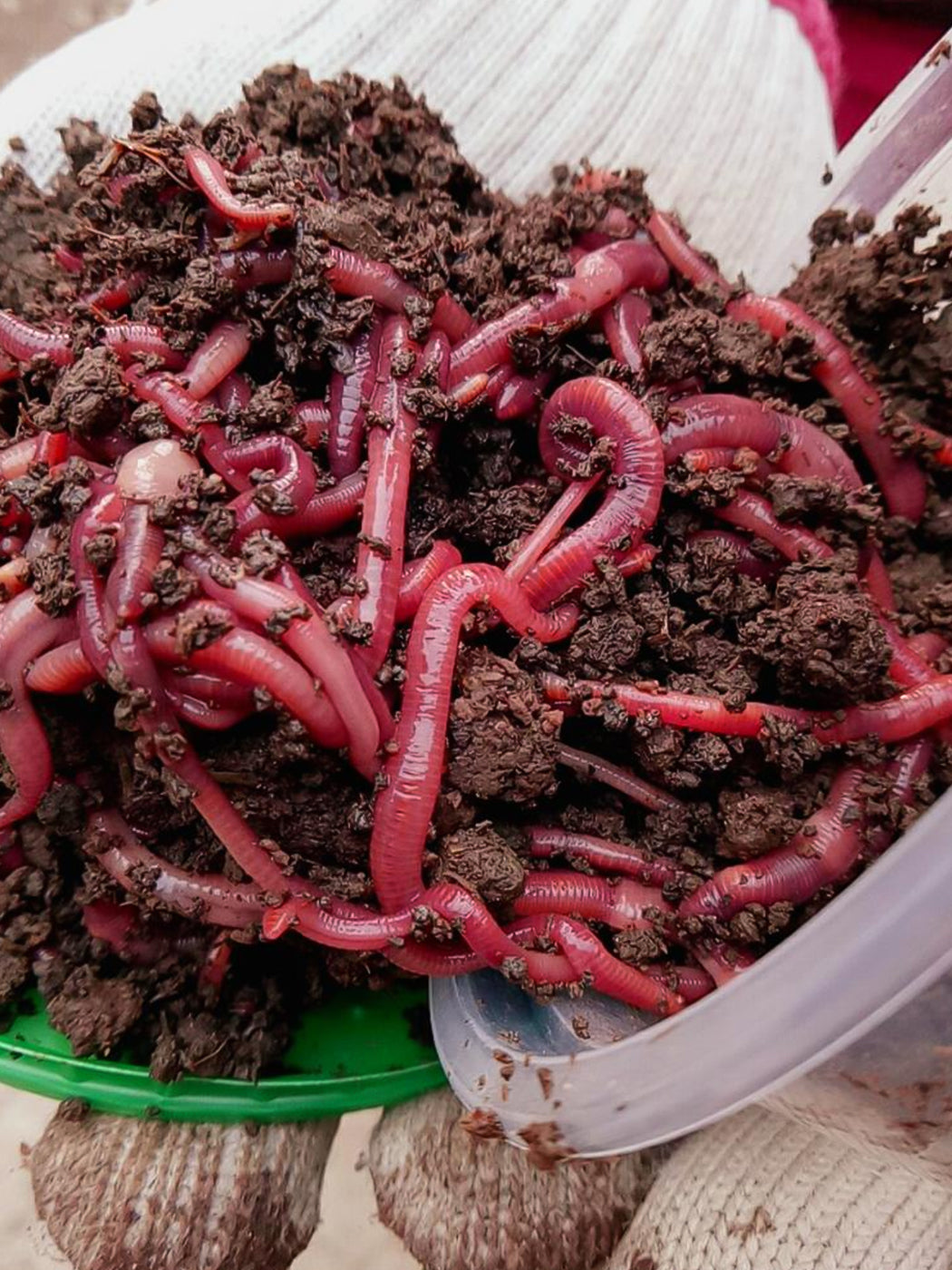Transform Your Lawn with the Expertise of Red Wiggler Express Lawn Care Specialists
Transform Your Lawn with the Expertise of Red Wiggler Express Lawn Care Specialists
Blog Article
Red Wigglers: The Unsung Heroes of Organic Waste Recycling
Red wigglers, or Eisenia fetida, act as vital representatives in the organic waste reusing process, transforming thrown out materials right into beneficial vermicompost. Their effective breakdown of natural issue not only improves soil top quality yet likewise contributes to sustainable waste management methods. As the world progressively seeks options to combat waste buildup and enhance agricultural performance, understanding the role of these worms ends up being vital. What devices enable them to grow in compost settings, and how can they be efficiently used in both domestic and commercial settings? Discovering these concerns exposes the more comprehensive ramifications of vermicomposting in our ecological landscape.
What Are Red Wigglers?
The exceptional resilience of red wigglers, medically recognized as Eisenia fetida, underscores their vital function in organic waste recycling. These tiny, reddish-brown earthworms are commonly discovered in breaking down raw material, such as compost heap and manure stacks. Lake Hickory Bait. Unlike various other earthworm types, red wigglers thrive in nutrient-rich settings and are highly efficient at breaking down natural products, making them necessary for vermicomposting

(Red Wiggler Express)Along with their duty in waste reduction, red wigglers add to dirt health by improving soil structure and oygenation through their burrowing activities (Lake Hickory Bait). Their existence in composting systems not just boosts decomposition rates but likewise promotes a lasting strategy to lose monitoring, highlighting their value in environmental preservation efforts
Advantages of Composting With Worms
Composting with worms, particularly red wigglers, supplies numerous benefits that boost both waste management and dirt health and wellness. Initially, these worms effectively break down natural waste, converting it into nutrient-rich vermicompost that enriches soil. This process speeds up decomposition, permitting for a quicker recycling of kitchen scraps and other organic materials contrasted to traditional composting techniques.
Furthermore, the vermicompost generated by red wigglers is brimming with advantageous bacteria, which help enhance soil framework, aeration, and wetness retention. This boosts the overall wellness of plants, promoting strenuous development and boosted returns in gardens and agricultural setups. Additionally, making use of worms in composting minimizes the manufacturing of greenhouse gases, such as methane, contributing to an extra sustainable waste monitoring system.

Exactly How to Begin Vermicomposting
Developing a vermicomposting system is an uncomplicated procedure that can yield substantial advantages for both waste monitoring and dirt enrichment. To start, choose an ideal container, such as a plastic container or wooden box, with ample air flow holes to ensure appropriate airflow. The dimensions must ideally be around 2 feet by 3 feet, permitting adequate room for the worms to flourish.
Next, prepare bedding material, which can contain shredded paper, cardboard, or coconut coir. This bedding needs to be dampened to develop an appropriate habitat for the worms. As soon as the bedding is in place, present red wigglers (Eisenia fetida) into the bin, usually around one extra pound of worms for every square foot of surface location.
Following the placement of worms, include natural waste, such as fruit and veggie scraps, coffee grounds, and crushed eggshells. Prevent adding milk, meat, or oils, as these can develop odors and attract insects. Place the container in a shaded, temperature-controlled location to maintain ideal conditions for worm activity. With these steps, you will efficiently initiate a vermicomposting system that adds to sustainable waste management and improves your dirt.
Maintaining a Healthy Worm Bin
(Red Wiggler Express)Keeping a worm bin thriving requires routine interest and like ensure the health and wellness of the red wigglers and the effectiveness of the composting process. Correct maintenance starts with keeping an eye on the wetness levels; the container ought to perspire yet not soaked. An excellent guideline is to keep a consistency comparable to a wrung-out sponge.
Oygenation is crucial as well. Delicately mixing the bed linens and food scraps every couple of weeks stops compaction and ensures that all worms have access to oxygen. In addition, it is important to feed the worms properly. A balanced diet regimen of vegetables and fruit scraps, coffee grounds, and smashed eggshells must be used in moderation to stay clear of overfeeding, which can lead to smells and insects.
Temperature level policy is one more vital element. Red wigglers flourish in a variety of 55 to 77 degrees Fahrenheit. If the click this site container becomes too hot or cold, the worms might end up being stressed - Lake Hickory Bait. Regularly check for indicators of wellness, such as worm population development and the existence of healthy and balanced spreadings. By diligently managing these variables, one can keep a durable and effective worm bin.
Influence on Sustainable Living
The effective maintenance of a worm container not just profits the wellness of red wigglers yet also contributes dramatically to sustainable living methods. By reusing natural waste, such as cooking area scraps and lawn debris, red wigglers aid draw away significant quantities of material from garbage dumps. This reduction in waste not just decreases greenhouse gas exhausts but additionally decreases the ecological problem connected with waste monitoring.
Moreover, the castings created by red wigglers work as a nutrient-rich natural plant food, improving soil health and promoting plant development. This natural alternative to chemical fertilizers sustains sustainable farming and horticulture methods, minimizing dependence on synthetic inputs that can harm ecosystems. Additionally, worm composting fosters understanding of waste administration, urging people and areas to take on more lasting habits.

Final Thought
In summary, red wigglers serve as important factors to natural waste recycling through their reliable decay of natural products. By integrating vermicomposting right into waste administration approaches, individuals and areas can significantly decrease waste while advertising environmental sustainability.
Report this page